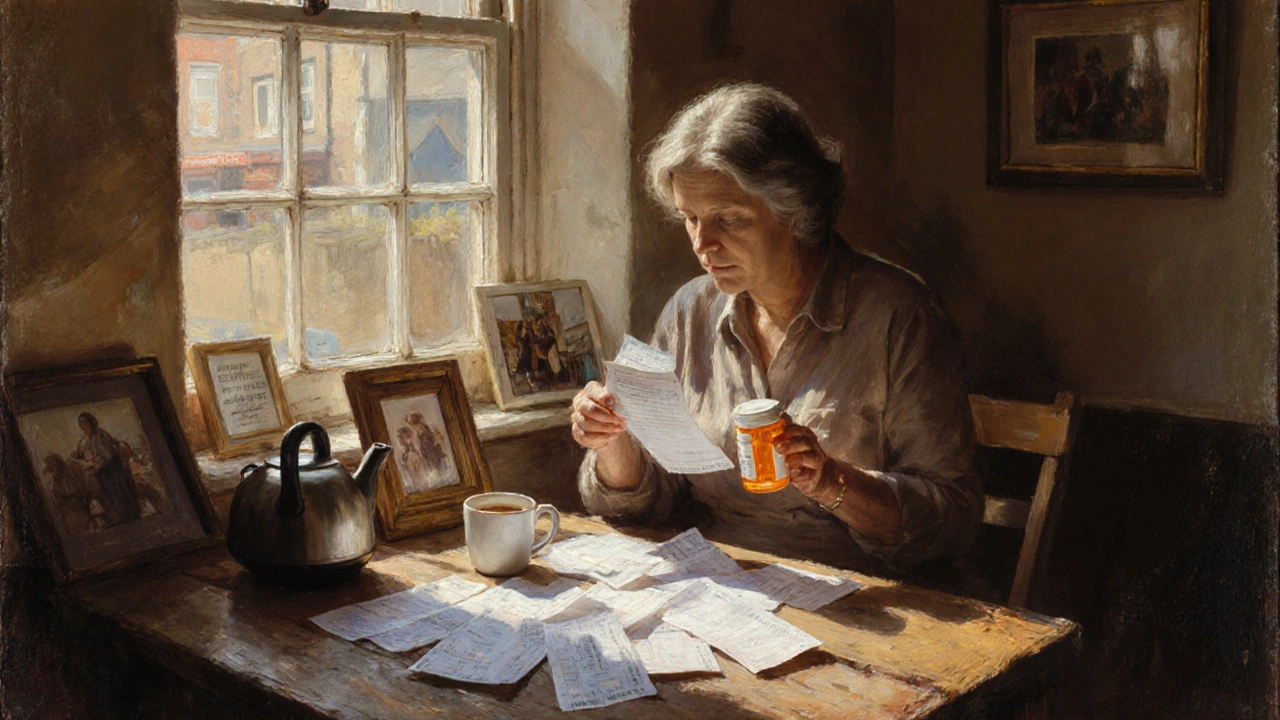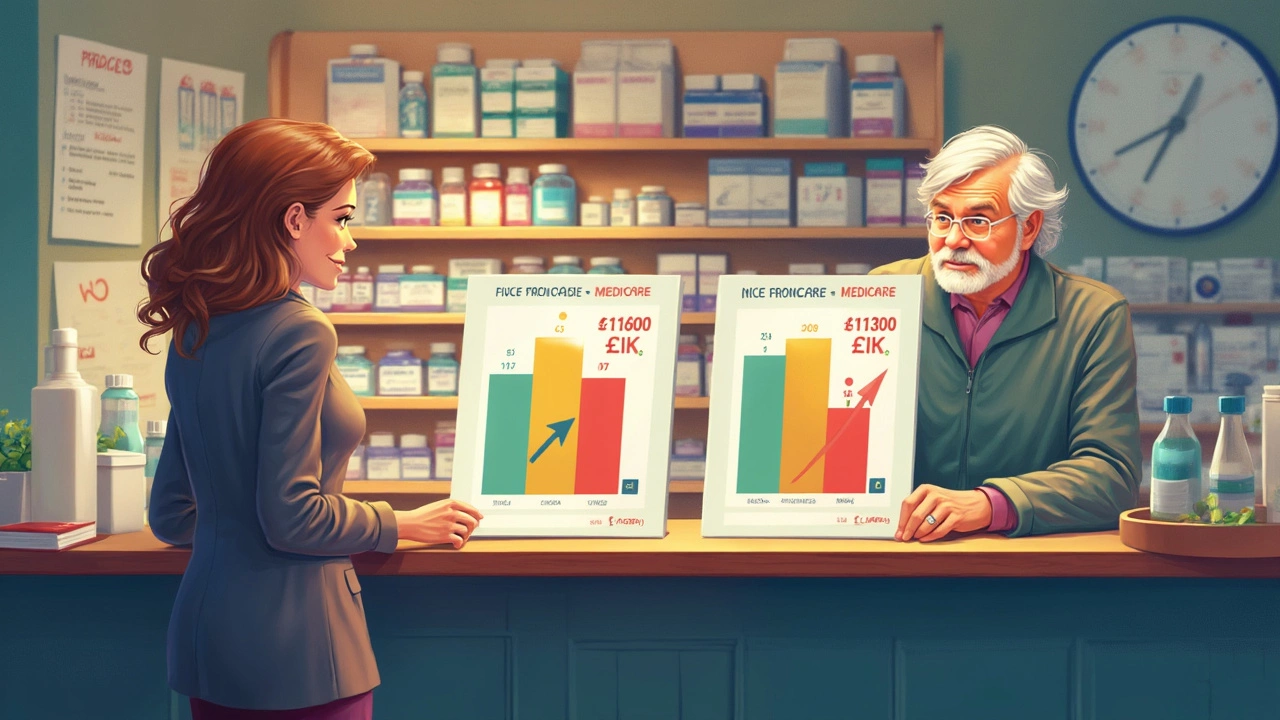Drug Pricing Explained: What You Need to Know
Ever looked at a prescription bill and wondered why it’s so high? You’re not alone. Drug pricing is a tangled mix of research costs, manufacturing, and market rules. Understanding the basics helps you spot ways to save and avoid surprise charges.
Why Medicines Cost More Than You Think
First, developing a new drug can cost billions of pounds. Companies spend that money on lab work, clinical trials, and regulatory approvals. When a drug finally hits the market, the company adds a margin to recoup those expenses. That margin often feels huge, especially for brand‑name meds.
Next, patents play a big role. A patent gives the creator exclusive rights for about 20 years, meaning no cheaper generic versions can compete during that time. Once the patent expires, generics flood the market and prices usually drop sharply.
In the UK, the National Health Service (NHS) negotiates prices with manufacturers, but not every prescription is covered. Private prescriptions follow the list price, which can be much higher than NHS rates. That’s why a drug can cost different amounts depending on where you get it.
Practical Ways to Lower Your Prescription Costs
Ask your doctor about generic alternatives. Generics have the same active ingredients and work just as well, but they’re often a fraction of the price. If a brand‑name drug is the only option, see if a smaller tablet or different dosage can be split to stretch the supply.
Check if you qualify for NHS exemptions or low‑income schemes. The NHS Prescription Prepayment Certificate (PPC) can save money if you need multiple prescriptions each month. For private patients, shop around at different pharmacies – prices can vary noticeably.
Use Prescription Discount Cards. Many charities and health charities offer cards that give a set‑off on brand‑name meds. It’s free to apply and can shave off a few pounds per script.
Don’t ignore the power of online pharmacies. Reputable online services often have lower overheads and can pass those savings to you. Just make sure they’re registered with the General Pharmaceutical Council (GPhC) before you order.
Finally, keep track of your medication schedule. Missing doses can lead to repeat visits and extra prescriptions. A simple pill organizer can keep you on track and avoid unnecessary costs.
Drug pricing may feel like a mystery, but knowing the key factors and using these tricks can keep your wallet healthier. Stay curious, ask questions, and shop smart – your next prescription could be much cheaper than you expect.
When Patients Can't Afford Their Medications: Solutions & Strategies
Explore why prescriptions get pricey, who suffers most, and practical steps-like generics, assistance programs, and policy changes-to help patients afford their medications.
Read More
Is SingleCare Cheaper than Medicare?
Comparing SingleCare and Medicare can reveal surprising differences in prescription costs. This article explores how each option impacts your wallet, considerations to keep in mind, and tips for maximizing your savings. By diving into the actual costs and people's real-world experiences, you'll get a clearer picture of what might be better for your budget. Learn how factors like location and specific medications can tip the scales in favor of one option over the other.
Read More

